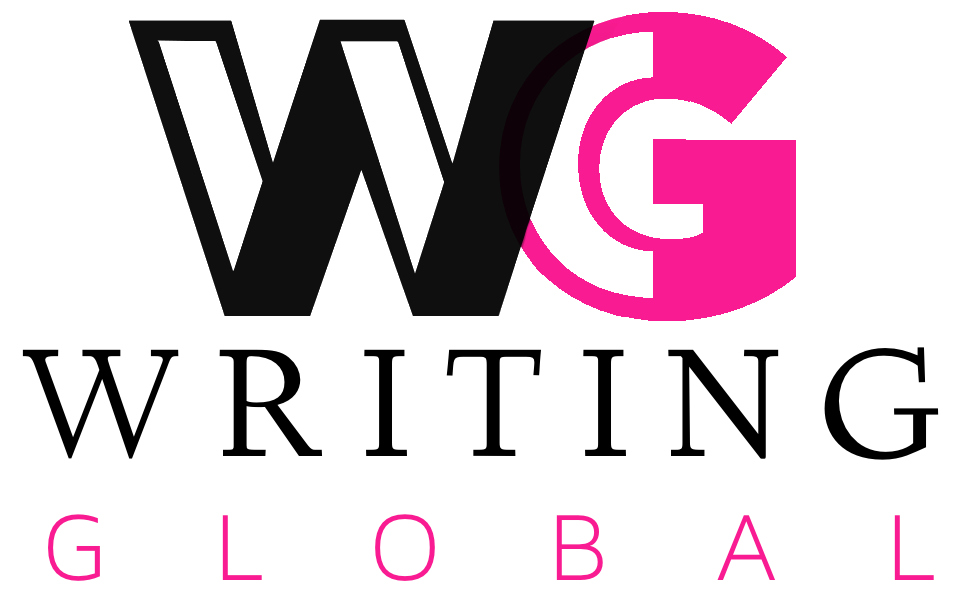The growth of chatbots on smart speakers or websites and apps raises the question of whether these systems powered by artificial intelligence (AI) will ever be human-like enough to become effective therapists.
Replika, a US chatbot app, has more than two million active users who have a chatbot or “replika” unique to them as the AI learns from their conversations.
Founder Eugenia Kuyda says that while it is designed primarily to be a friend or companion, it can help benefit users’ mental health, such as by enabling them to “build better habits and reduce anxiety”.
There are almost one billion people around the world with a mental disorder, according to the World Health Organization (WHO), and “just a small fraction of people in need have access to effective, affordable and quality mental health care”.
Dr Paul Marsden, a member of the British Psychological Society, says AI chatbots can be helpful if they are used in the right way but only in a limited way.
He highlights the fact that leading AI chatbot firms, such as OpenAI, are opening up their technology to others. This is enabling mental health apps to use the best AI to power their chatbots. Replika is one such provider that already uses OpenAI’s technology.
However, there are concerns that a person’s relationship with their chatbot therapist could become unhealthy.
Replika made headlines in February when it was revealed that some users had been having explicit conversations with their chatbot. The Italian data protection agency has also banned Luka, the firm behind Replika, from using the personal data of Italians.
Campaigners are calling for more global regulation of chatbot therapists, and there is a growing consensus that while chatbots can be helpful, they should only be seen as a supplement to in-person therapy.

